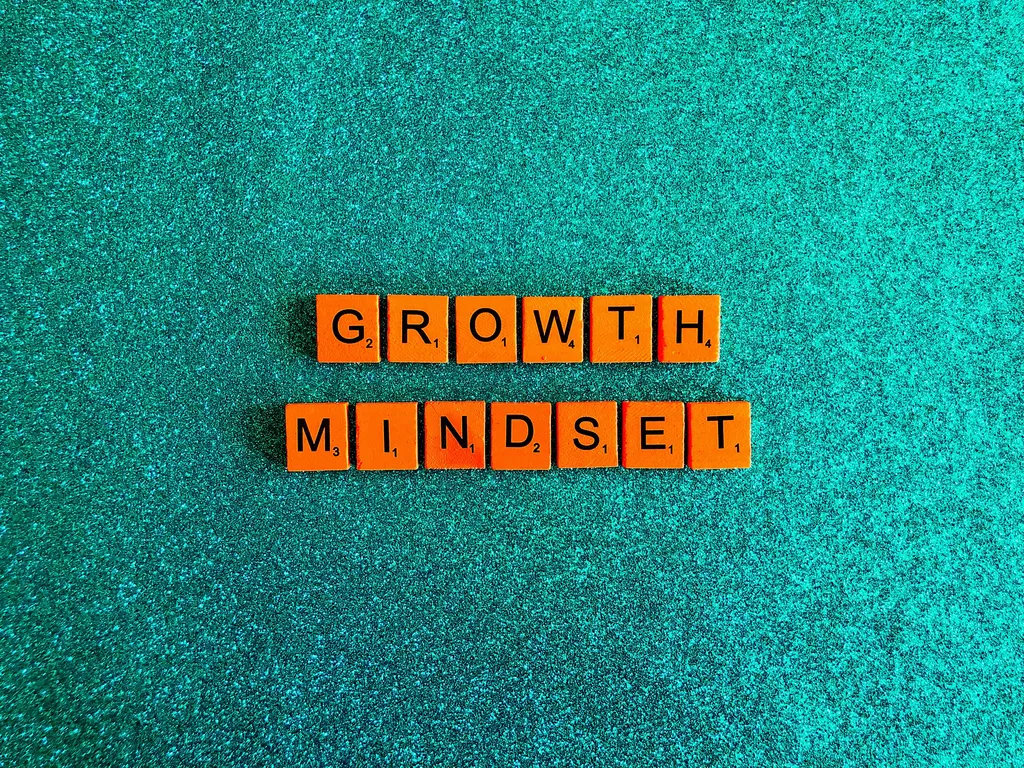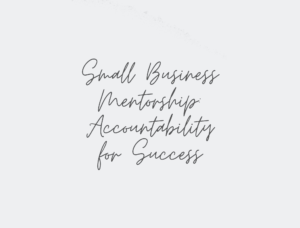Introduction
Career development is difficult, but having clear, attainable goals can help. These goals will guide your career growth. Whether you desire to gain new skills, advance in the company, or transfer careers, your Career Development Goals can help you get there. These suggestions can help you set and achieve Career Development Goals.
Setting Clear Career Goals
Understand Your Strengths and Weaknesses
Self Reflection:
Self-reflection can reveal your strengths and faults. Your deficiencies may require confidence or professional development. You may be good in leadership, communication, or technology.
Seek Feedback:
Dare to ask peers, supervisors, and subordinates for feedback. They assist you in identifying your strengths and weaknesses by providing an outside perspective.
SWOT Analysis:
Look at your strengths, weaknesses, opportunities, and threats (SWOT) list. This can help you figure out what makes you unique, what you need to work on, where you can improve, and what problems you might face at work.
Strengths and Weaknesses Alignment:
Please make sure that your strengths don’t get in the way of your job goals and your flaws don’t. For instance, if you need to move up in your job and are bad at public speaking, work on getting better at it.
Continuous Learning:
See your flaws as chances to get better. You can get better at these things by spending time and money to learn and grow in them. Remember that learning about your skills and weaknesses is an ongoing process that changes as you move up in your career.
SMART Goals
Specific:
Could you be more clear about what you want to do? I’d like to “increase my typing speed to 60 words per minute,” rather than “become a faster typist.” Being clear about your goals can help you reach your objectives.
Measurable:
Could you make clear plans for how to keep track of your work? Say, “Read 20 pages of an industry-related book every day.” It helps to keep going when you set goals that you can track.
Achievable:
Making sure your goals are fair and doable will help you reach them. A goal that can be reached takes into account the tools and boundaries that are available. Say, “Complete an online course related to my field in the next three months.”
Relevant:
The goals you set for yourself should match up with your work goals. An objective like “Learn a new programming language this year to improve my coding skills” might be useful for someone who works with computers.
Time-bound:
Set a due date for your goal to stay on track and feel like you need to act quickly. “Follow five professionals in my field on LinkedIn every week to grow my network” could be a goal with a due date. You have to act quickly and often because of this.
Developing In-Demand Skills
Continuous Learning
Lifelong Learning:
Be open to the idea that you will always be learning. It’s important to keep your skills and knowledge up to date because the job market is always changing. Because of this, you can adapt to changes in your business better and stay ahead of the competition.
Learning Platforms:
Please use online tools to help you learn. Coursera, EdX, and Khan Academy all have a lot of classes you can take. You can learn at your own pace and when it works best for you, which makes it easier to keep going.
Professional Development:
Spend money to move up in your job. You should attend workshops, seminars, and talks. These help you find out about new things, stay up to date on trends in your field, and work with other people in the same field.
Networking
Professional Networking Platforms:
Professional networking sites, such as LinkedIn, Meetup, and others, can help you get in touch with big names in your area and other professionals who like the same things you do. On these sites, people can share information, get comments on their skills, and look for ways to work together or find jobs.
Industry Events:
Going to events in your field, like conferences, talks, or workshops, is a great way to meet other professionals in your field. At these events, you can meet other professionals, find out about new trends in your area, and often even agree to work together.
Networking Groups:
Sign up for business groups or networking events in your area. They have events and meetings all the time, which is a great way to meet new people, learn more about the business, and get help from people who have been in it for a while.
Social Media Networks:
There are also professional social networks like Twitter, Facebook, and Instagram that you can use to meet with other people. Follow big names and organizations in your field, join groups that are connected to your work, and take part in talks to make connections.
Alumni Networks:
During college or university, could you keep in touch with people who go there? An active alumni network will often host events and provide other resources to assist you in locating employment and building professional relationships.
Informational Interviews:
Talk to people who work in the field to find out more. Meet new people, learn more about your field, and get a feel for different job roles through these conversations.
Crafting Your Brand
Online Presence
The way you look online is part of your brand and can have a big impact on how people see you professionally. Here are some things to keep in mind as you take care of your online image:
Social Media Profiles:
Make sure that your LinkedIn, Twitter, and Facebook pages show that you are a businessperson. On these sites, you can share content related to your job, talk to other people who work in the same area, and share your thoughts on significant issues.
Professional Website or Blog:
Consider making a professional website or blog where you can post your resume, talk about your experiences, and give a fuller picture of your skills and abilities.
Online Networking:
To network online, use sites like LinkedIn groups and forums that are specific to your company. Talk to people in your field, share your thoughts, and join talks.
Consistency:
Are all of your websites the same? Your web profiles should all work together to show that you have a consistent brand.
Google Yourself:
Google yourself a lot to see what other people find when they look up your name. This can help you keep an eye on your online image and make sure that your online look matches your brand.
Professional Development Tools
For professional growth, there are tools that can help you learn new things, get better at your job, and move up. Think about these things:
Online Courses and Webinars:
There are a lot of online classes on sites like Coursera, Udemy, and LinkedIn Learning. These sites can help you learn new skills or get better at the ones you already have.
Industry Certifications:
Getting qualifications that are relevant to your job can show that you want to advance in your career. They help companies see that you have the skills you say you do and show that you have them.
Professional Networking Platforms:
Links can be made, ideas can be shared, and you can learn from experts in your field on LinkedIn and other sites for professionals.
Reading Materials:
Regularly read books, articles, and study papers in your field to keep up with the latest news and trends.
Mentorship Programs:
Going through mentorship programs can help you get ahead at work by giving you good tips and new ideas.
Seeking Mentorship and Guidance
Mentorship
A guide can help you do better at your job. Someone with a lot of experience and who you can trust can help you with your career by giving you advice, support, and knowledge. Some things to think about when you think about the good things about having a mentor:
Experience and Knowledge:
People who have mentors can learn a lot from each other. They can talk about the things they’ve learned and done and how they did them over many years of working in the field. You can stay out of trouble and learn faster this way.
Objective Guidance:
Mentors usually work for different companies than you do, so they can give you feedback and advice that isn’t skewed. This can help you make smart decisions about your job.
Network Expansion:
They can put you in touch with people in their business network who can help you find new opportunities, partnerships, and ways to work together.
Professional and Personal Growth:
Being pushed out of your comfort zone by a good guide can help you grow as a person and in your career. They make you learn new things, try new things, and become a better boss.
Emotional Support:
Lastly, teachers help students get through hard times by being there for them mentally. They can listen to what you have to say and offer help and comfort. Keep in mind that a good guide does more than tell you what to do. It also helps you figure it out on your own.
Career Coaching
A certified career coach helps people think about different jobs, set career goals, and make plans for how to meet those goals. This is a paid service. Here are some important things to know about job coaching:
Career Exploration:
If you want to find a job that fits your skills, ideals, and interests, some people can help you.
Goal Setting:
You can set clear, measurable, and attainable work goals with the help of a career guide. They use tools like SMART goal setting to ensure that your short-term and long-term job goals align with your goals.
Strategies for Success:
Career coaches make custom plans to help people reach their work goals. They teach you important skills, how to network better, and how to make your brand stand out.
Accountability:
You will have to answer to your job coach. The guide helps you stay on track by keeping you focused on your work and the goals you set for yourself.
Confidence Building:
A career coach can help you feel better about your self-worth by telling you what you’re doing right and what you could improve. You might feel better about yourself and do better at work and job interviews if you do this.
Taking Calculated Risks
Embracing Challenges
Taking on new tasks is a key part of getting ahead at work. There are times when you can learn, grow, and get better at what you do. They push us to do new things, face our fears, and leave our comfort zones. If you want to accept and get past challenges in your job, think about the following:
Maintain a Positive Mindset:
Instead of seeing problems as problems, look at them as chances. Don’t let bad things get you down. Stay positive and happy.
Seek Support:
Do not be afraid to ask for help when you need it. Talk to teachers, coworkers, or people who know much about your subject for help and advice.
Prioritize Continuous Learning:
Spend your time getting better at things you already know how to do. You can handle problems better when you know how to learn new things. They make you stronger and more flexible.
Practice Problem-Solving:
Get better at figuring things out. First, figure out the question and the possible answers. Then, choose the best answer and look at the outcomes. This systematic approach can help you handle tough issues better.
Celebrate Successes:
No matter how small your actions seem, you should be proud of them. This makes you feel better about yourself and prepares you for bigger jobs.
Embracing Failure
It’s possible to be successful and fail at the same time. Know that mistakes and losses are chances to learn and grow if you want to accept loss. Here are some things to think about when you’ve lost someone:
Reframe Your Perspective:
Could you start by changing the way you think about losing someone? It’s okay to do that; it’s a necessary step toward success. Remember that every mistake is a chance to get better.
Learn from Your Mistakes:
Take a moment to reflect on your failure. What else could you have done incorrectly? How can this help you learn something? Please take what you’ve learned and use it to get better and pick better options next time.
Foster Resilience:
It’s okay to fail sometimes, but you must get back up and keep going. Learn how to deal with your emotions, like being mindful or writing in a book. This will help you get back on track after a setback.
Develop a Growth Mindset:
A growth attitude says you can get smarter and better at things if you work, use good techniques, and ask other people for feedback. People with a growth mindset see failure as a chance to learn and improve.
Remember, Everyone Fails:
Last but not least, know that everyone loses. You’re not by yourself. Very successful people have failed. Most important is how you handle and learn from these slip-ups.
Conclusion
Finally, career growth goals constantly change, so you must be vigilant and flexible. Evaluation, SMART objectives, constant learning, and strategic networking can help you find a fulfilling career. Remember that your career development goals outline your career goals and are crucial to your success. As you advance in your career, remember to learn, network, and stay focused.





